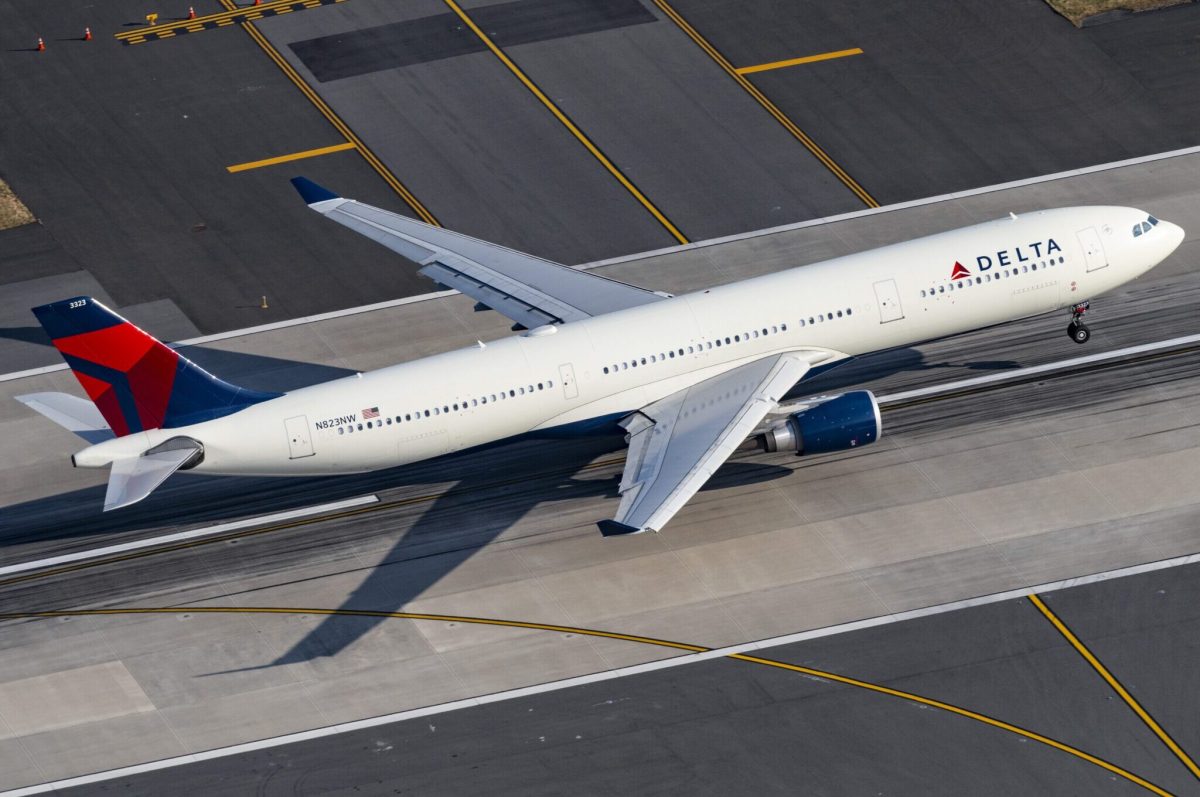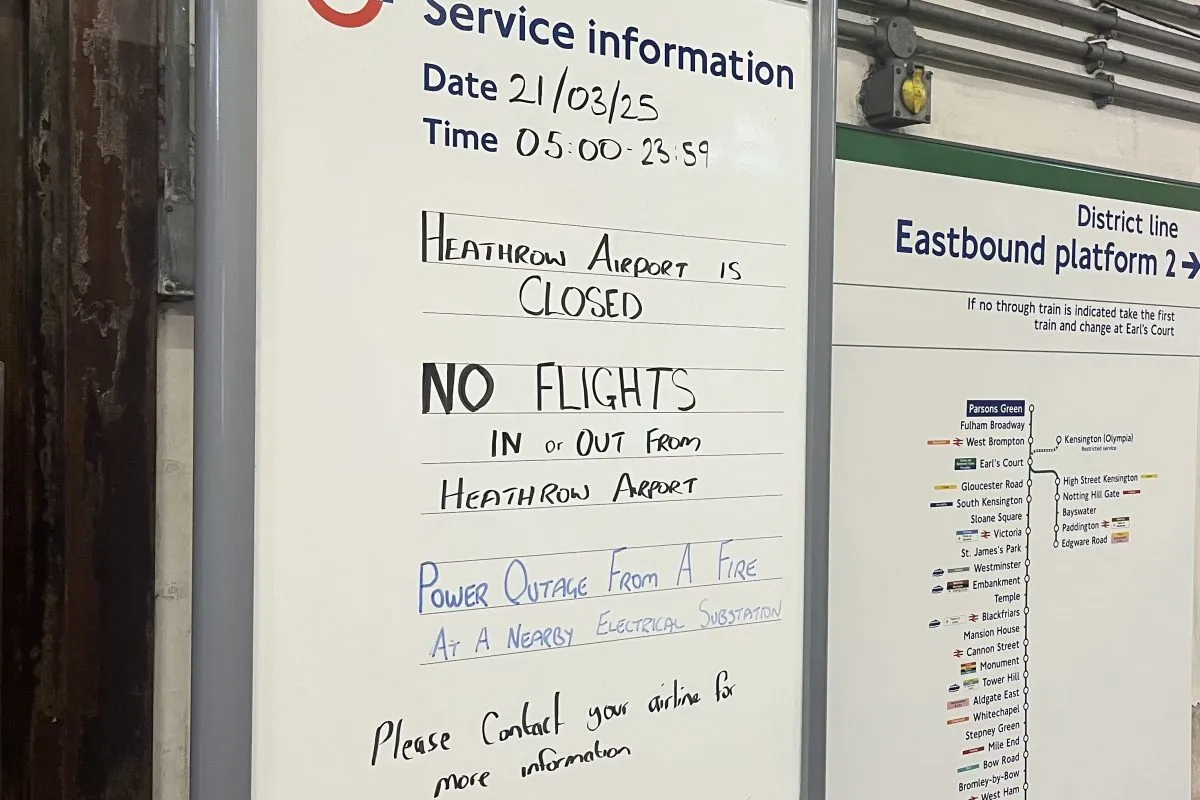Hybrid Work Is Already Having Long Lasting Effects on Hotel Design
Skift Take
As well as working on a futuristic Atari Hotel, leading hotel architect Tom Ito is starting to see new design trends that are directly related to the pandemic.
It’s all down to remote and hybrid ways of working, but the world of design is now moving on from simply converting hotel rooms to makeshift offices.
Ito, a Gensler architect who launched and heads up the firm’s hospitality practice, has said hotels today are thinking a lot more about secondary cities and airports.
With more people moving out of major cities, more thought has to be put into the design of hotels in suburban areas. Lifestyle hotels are known to focus on local communities, but the same needs to be done for any property in a secondary city, to draw in remote workers who fled big cities during the pandemic.
“Hotels have always been thought of as a ‘third place’ outside of the office,” said Ito, who was a speaker at Skift's Design the Future event in December last year. “It’s not necessarily in the room you want to work, but outside the room to get inspired, or meet with others.” He's also seeing hoteliers look carefully at secondary airports because gateway airports are getting overcrowded as the travel industry recovers. “That’s creating a lot of accessibility problems,” he warned.
“You go there for convenience, and a place to sleep, but make it more of a destination place, as a hub for the community, and really embrace it,” he added. “That’s what we did for downtown Denver International Airport, and we’re planning to do that for other cities so it becomes not just convenient, but brings the community and the city in.”
The Magic Kingdom of Work
A more surprising revelation is the rise of the resort as a serious destination for remote workers. A case in point is Walt Disney World Swan Reserve, he claimed, which embraces family travel.
"We’re doing a number of projects in resort locations. Mexico’s on fire right now," he said. "Costa Rica too." The shift towards hybrid-work friendly hotels in resort locations was also down to time being the most important commodity. "We always knew that, so how can we make the best of it," he added.
Extended stay product development is also on the rise, and brands (including Marriott with its new Apartments by Marriott Bonvoy) are really "upping the ante" on providing apartments, Ito said, to cater to guests on vacation and combining that with extended periods of work.
And Ito added that hotel designers should ensure they consider staff, not just guests, in buildings of the future. As environmental, social and corporate governance gains importance, social equity and diversity elements are equally applicable to the hotels employees.
"Let’s design spaces for them, so they’re not stuck in a room in the worst part of the building," he said. "Have them feel respected, and part of it ... that engages commitment."
It may even convince those people who left hospitality during the pandemic to return.
But what about the aforementioned Atari Hotel? Ito spoke in length about it during the Design the Future event last year. Unfortunately, it’s not any closer to completion, but the architect is still enthused by its ability to merge the real with the meta, with avatars still likely to play a central role.
“We’re still looking for the right site location. It’s a major commitment, on the land side and acquisition side,” he said.
Sidenotes
The rate of growth in remote working and blended travel trips is accelerating, but companies don't seem able to keep up.
That’s according to BCD Travel, which warns there are “shortcomings” in support for future of work trends.
More specifically, traditional travel risk management practices haven't kept up. The Netherlands-based corporate travel agency found three-quarters of business travelers say their employer treats traveler health, safety and security as a priority, but only 36 percent of travelers say their employer unconditionally takes care of their safety and security when working remotely, according to its recent traveler survey.
Another 25 percent don’t know if they’re covered either.
The survey, which polled 674 business travelers worldwide in late summer, also revealed 64 percent of travelers didn’t know if they were included in security and medical support if they extended their business trip for leisure purposes.
“This survey shows the growing need for a mindset shift from travel risk management to people risk management,” said Mike Janssen, global chief operating officer and chief commercial officer for BCD Travel. “Today’s duty of care policies have to address the realities of hybrid or work-from-anywhere workforces as well as the changing values around traveler wellbeing.”
10-Second Corporate Travel Catch-Up
Who and what Skift has covered over the past two weeks: Abu Dhabi Airport, Airbnb, Expedia, Hilton, IHG, IMS Consulting, KLM, Qantas, Sabre, Surf Air.
In Brief
Advantage Predicts Business Travel Back to 75 Percent of 2019 Levels This Year
The Advantage Travel Partnership is predicting a business travel year-end recovery of revenue to 56 percent above 2020 figures and 83 percent above 2021 figures ― but 75 percent of 2019 figures. Its new Global Business Travel Review 3.0 predicts a full recovery to 2019 figures will arrive between April 2024 and March 2025. However, the average transaction value this year so far is $404.44, 12.4 percent higher than the average value in 2019. The average duration of a business trip has also exceeded 2019 averages: to date it is 6.71 days, compared to 4.57 days in 2019.
“Looking at the business travel industry over the past six months, it has been a story of recovery and growth, despite considerable ongoing disruption and capacity challenges,” said Guy Snelgar, global business travel director of The Advantage Travel Partnership. The third edition of its Global Business Travel Review was published with data company Travelogix, and is based on the analysis of 13.7 million records, going back to January 2019 and through to 30 Sept. 2022, with an aggregate value of $9 billion in transactional revenue.
Travel Tech Firm Vibe Launches Corporate Booking Tool
UK technology company Vibe has developed an off-the-shelf booking tool for business travel agencies and corporates. It’s the company's first move into a pay-per-transaction model, and Vibe said the platform can help clients drive online adoption, as it can handle complex travel policies, multi-level approvals and multi-channel content. The platform also allows corporate travel agencies to offer leisure travel. For those not wanting Vibe's branding, it's offering Vibe Corporate Plus, a more customisable version of the platform.
“This is a direct response to an increase in demand from both travel management companies and in-house corporate teams for consumer-grade, off-the-shelf booking technology solutions branded as Vibe or as a private label,” said Martin Eade, co-founder and e-commerce director of Vibe. Vibe’s clients include Qatar Airways Holidays, Agiito, The Internet Traveller and Cassidy Travel, among others.




